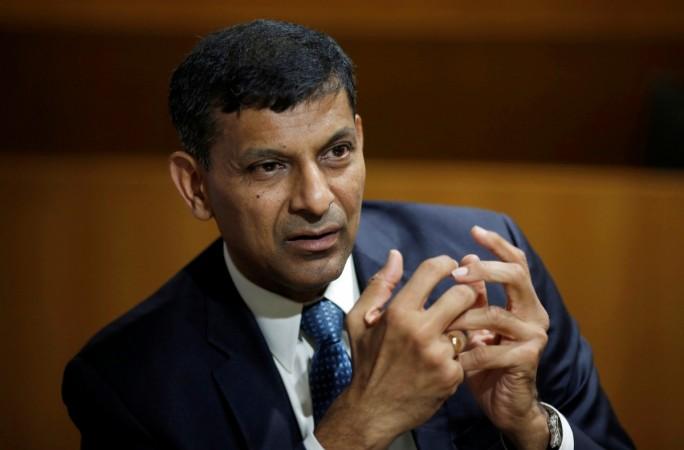
In a note to a Parliamentary panel, former Reserve Bank of India (RBI) governor Raghuram Rajan has revealed that he sent a list of high profile cases related to banking frauds to the Prime Minister's Office (PMO) for coordinated action. Rajan says he never received a reply.
In the note to Murli Manohar Joshi, Chairman of Estimates Committee, Rajan mentioned that the size of frauds in the public sector banking system was increasing though it was still small compared to the overall volume of non-performing assets.
Rajan said a fraud monitoring cell was set up in the RBI when he was governor to coordinate early reporting of fraud cases to investigating agencies.
"I also sent a list of high-profile cases to the PMO urging that coordinated action should be taken and at least one or two should be booked. But I am not aware if any progress was made on this front. This is a matter which needs to be addressed urgently," he said.

He noted that the system in place has failed to bring even one high-profile fraudster to book.
"Banks are blamed by the investigative agencies for labelling frauds long after a fraud takes place. Banks are slow to report a fraud because once they call a transaction a fraud, they will face harassment at the hands of investigative agencies without any worthwhile progress in catching the culprits," Rajan said.
This statement is particularly telling in light of the fraud committed by Nirav Modi and his uncle Mehul Choksi. The duo, in connivance with some bank officials, cheated a Mumbai branch of Punjab National Bank of Rs 14,000 crore through issuance of fraudulent Letters of Undertaking to a group of companies belonging to Nirav Modi since March 2011.
Rajan accepted that the RBI could have done better and should have raised more flags about the quality of lending.
"At that time we didn't have the tools to clean up so it is not clear what the banks could have done. We shouldn't have waited for the growth to revive and the projects, for which the loans were given, to come back on track," he said.
He added that RBI should have pushed for a more rapid enactment of the Bankruptcy Code and as a result, the asset quality review process could have been started earlier.
"The RBI could have been more decisive in enforcing penalties on non-compliant banks," he said.
Rajan headed RBI from 2013 to 2016 and is now teaching at the Chicago Booth School of Economics.
















